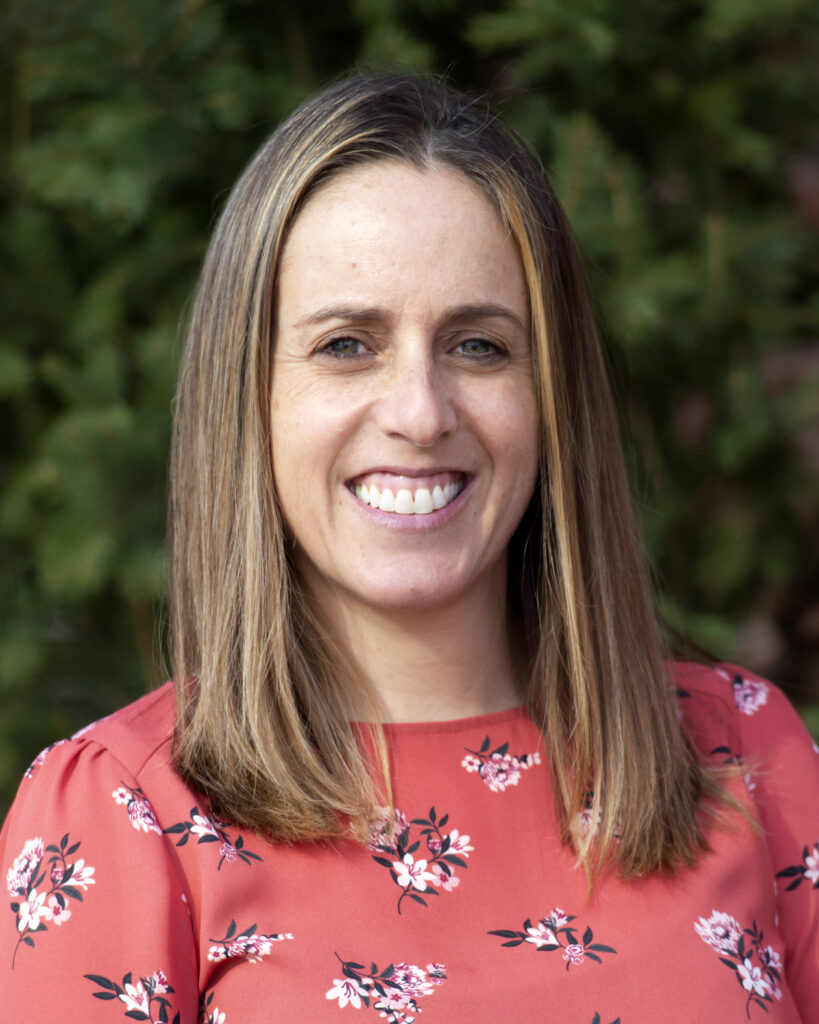Dr. Carolyn Heckman
Collaborator Spotlight:
Dr. Carolyn Heckman

Dr. Carolyn J. Heckman is an Associate Professor of Medicine and Co-Leader of the Cancer Prevention and Control Program at the Rutgers Cancer Institute of New Jersey. She received a BA in Psychology from Brown University and PhD in Counseling Psychology from the University of Iowa. She completed a postdoctoral fellowship in health psychology and addictions at Virginia Commonwealth University. She is also a licensed psychologist.
Dr. Heckman has published more than 100 research papers and presented at many national and international conferences. Much of her work focuses on skin cancer prevention and detection. Her other interests include online interventions and tobacco use and cessation. She has been funded numerous times by the National Cancer Institute and has also received funding from the American Cancer Society and Pfizer, Inc.
In addition to her research, Dr. Heckman is a member of the NIH Community Level Health Promotion study section and she is on the Editorial Board of the journal Translational Behavioral Medicine. She is the Founder/Leader of the Cancer Institute of New Jersey’s Dissemination and Implementation Science Working Group. Dr. Heckman has served on several steering and advisory, grant review, search committee, training, and other committees and community groups. For example, she served as the National Chair of the Don’t Fry Day skin cancer prevention awareness campaign sponsored by the National Council on Skin Cancer Prevention.
Currently, Dr. Heckman is a Co-Investigator on a five-year R01 study called “A Multi-Level Investigation of U.S. Indoor Tanning Policy Enactment, Implementation, Compliance, Impact, and Economics” with Klein Buendel’s Dr. David Buller. The goals of this research project are to complete three specific aims: 1) conduct a comparative case study to elucidate the indoor tanning legislation adoption process; 2) use a pseudo-patron (confederate) assessment, national survey, and archival data to investigate indoor tanning legislation implementation, as well as indoor tanning and sunburn outcomes among adolescents and young adults; and 3) integrate data from the first two aims and external data to assess economic effects relevant to policy sustainability of indoor tanning stringency, enforcement, and compliance.










